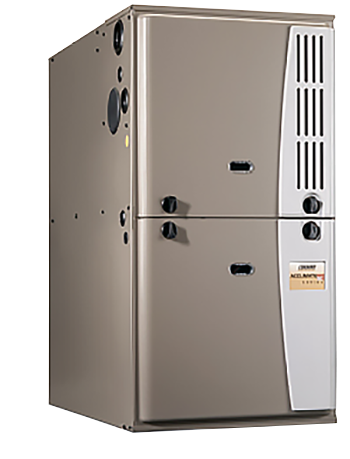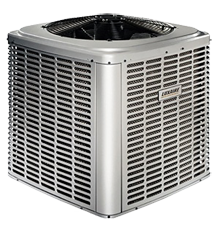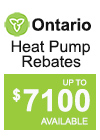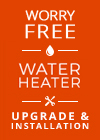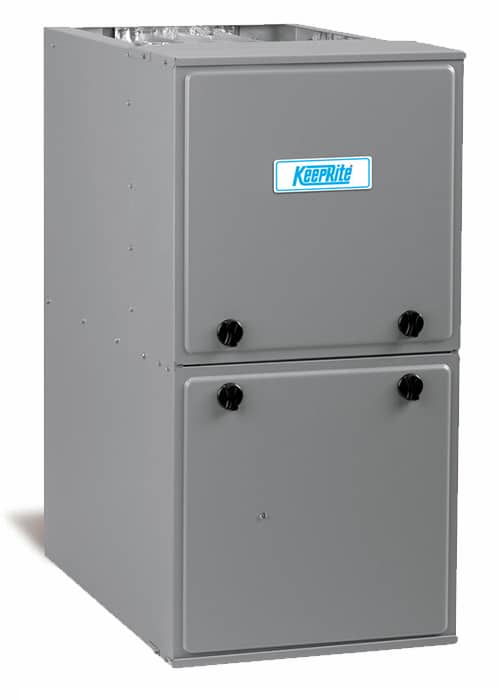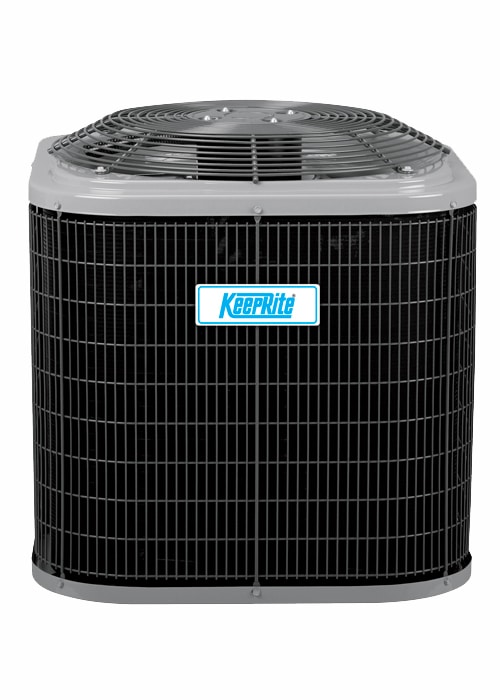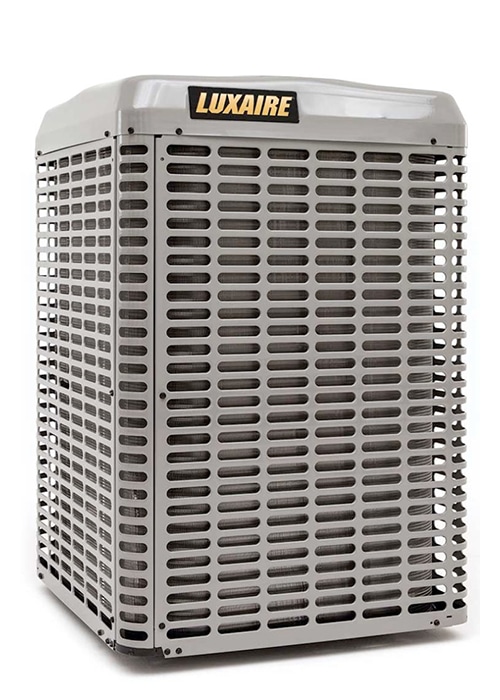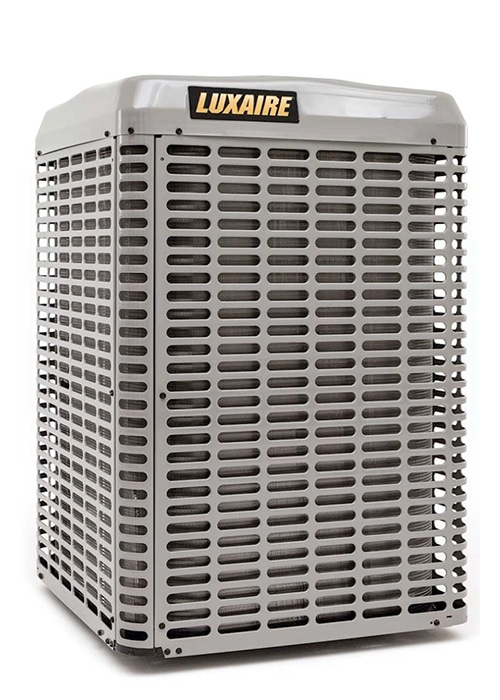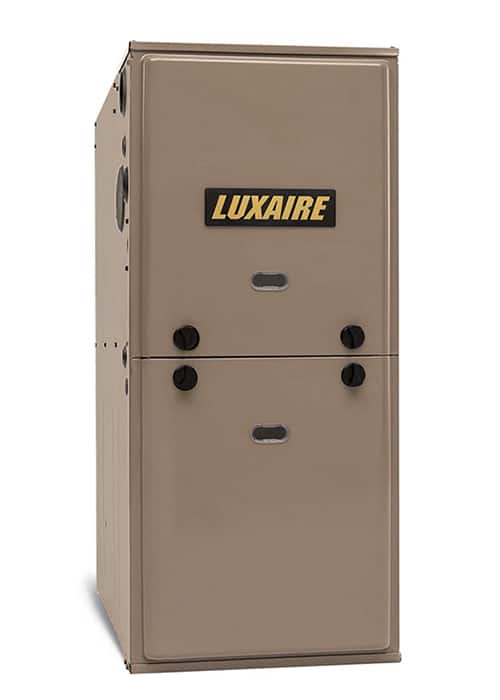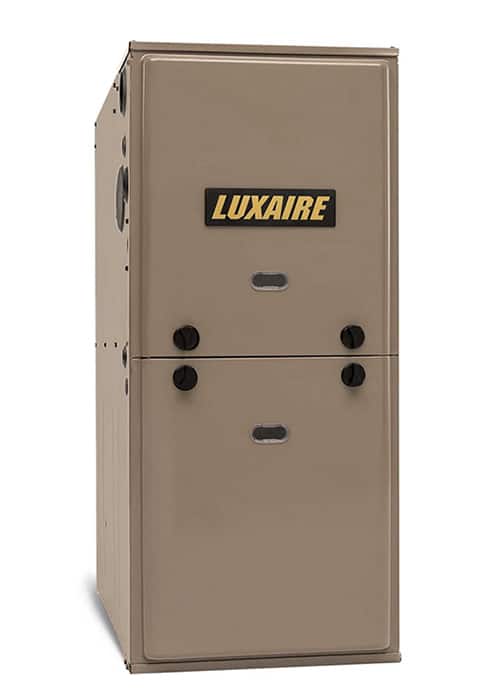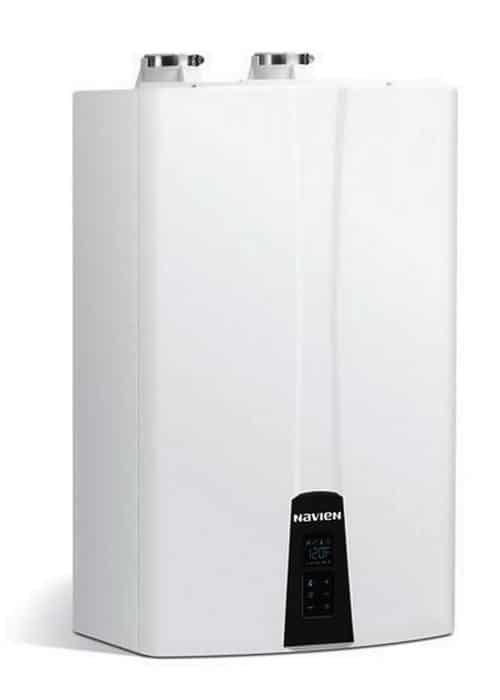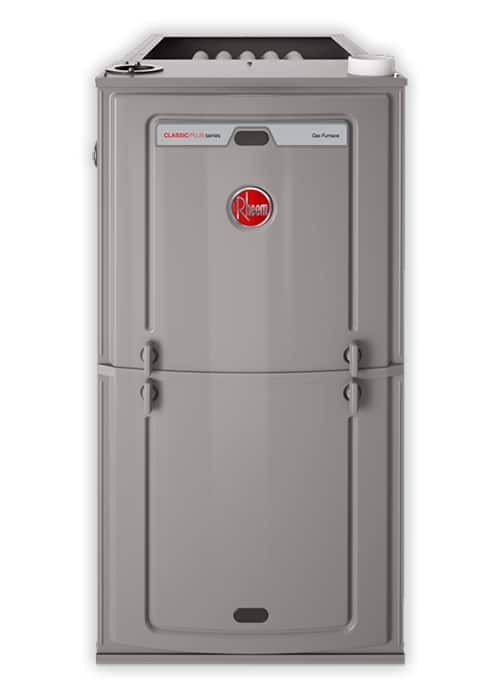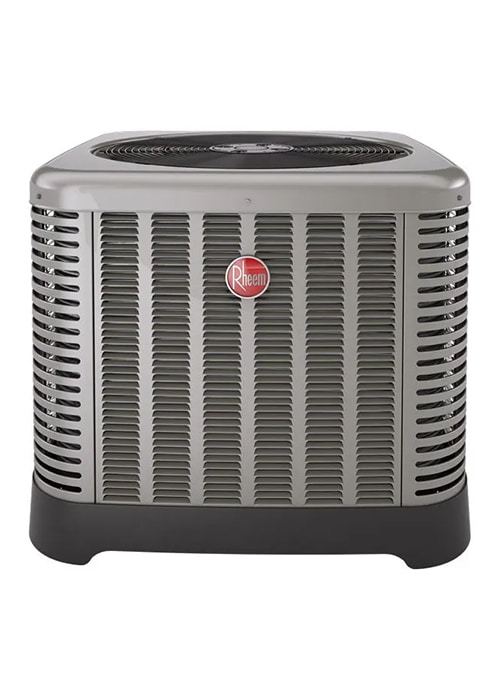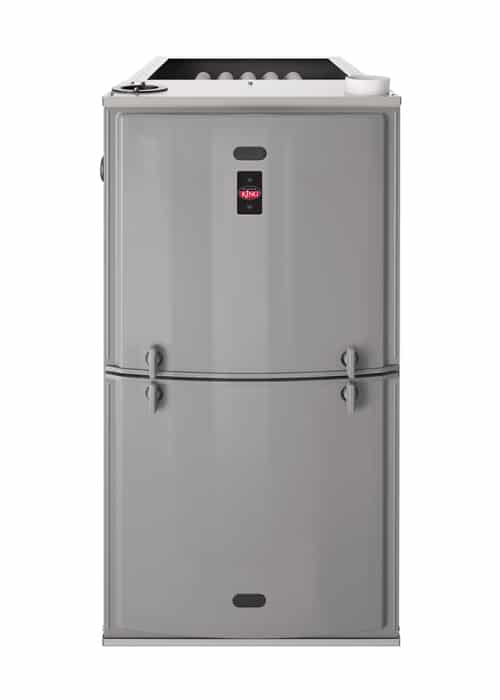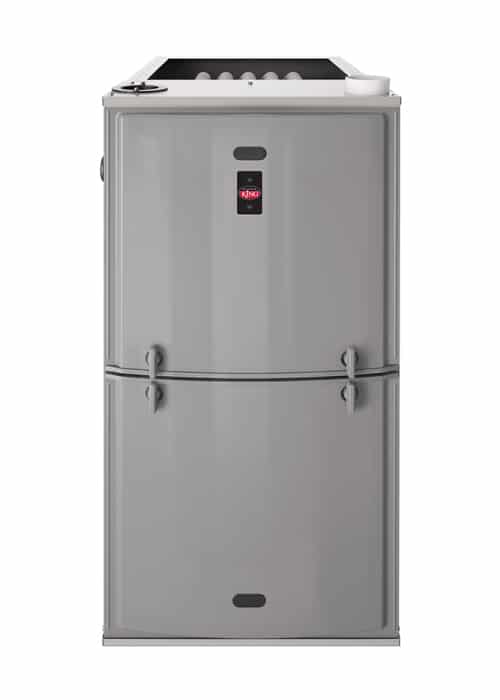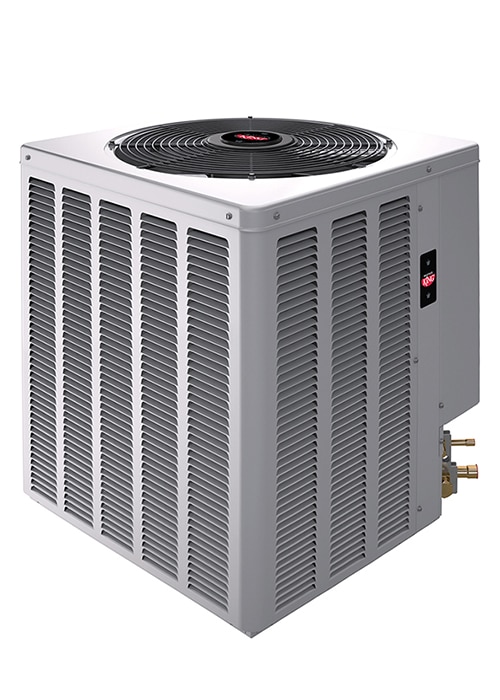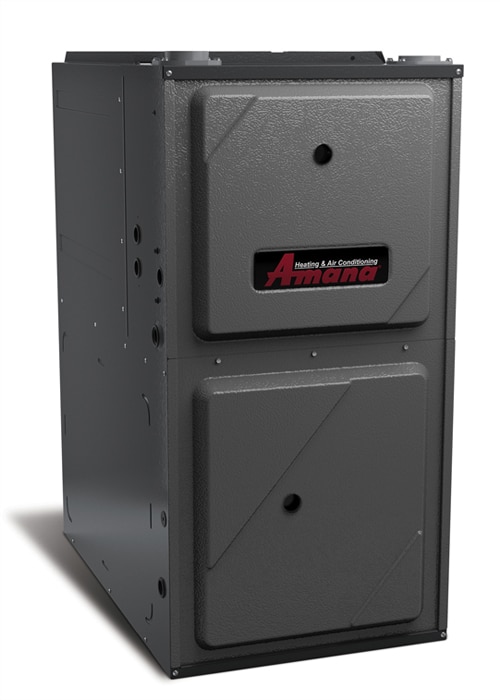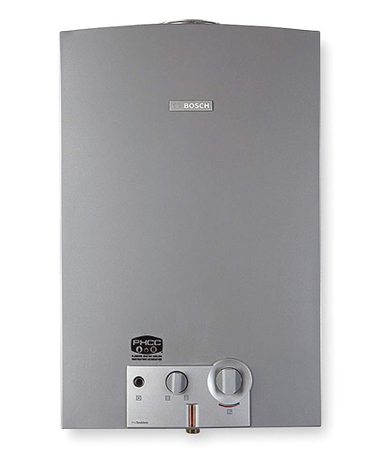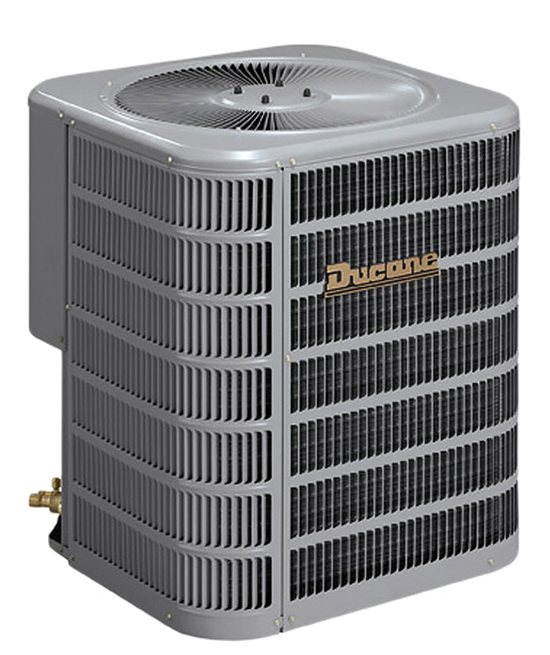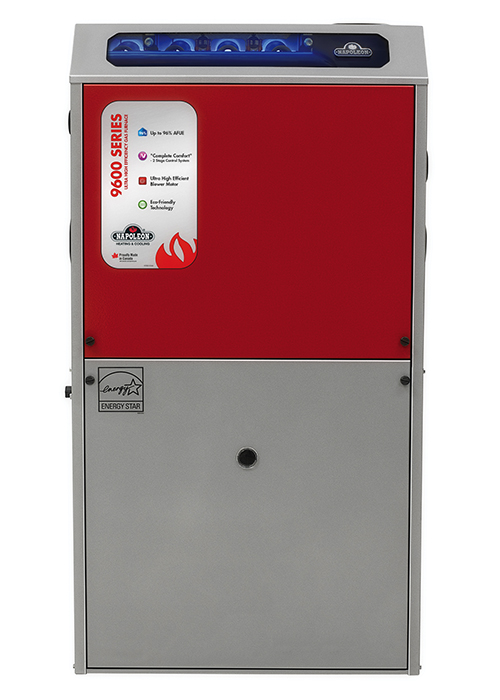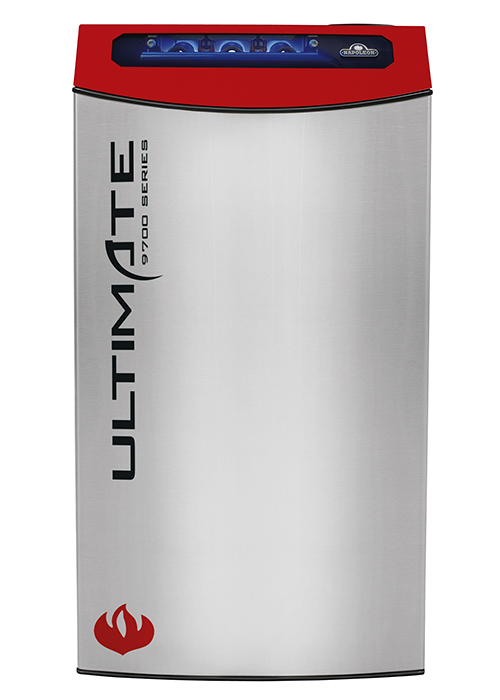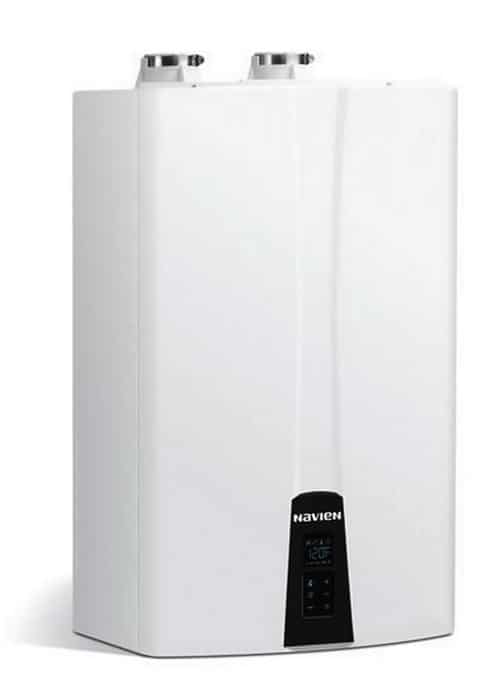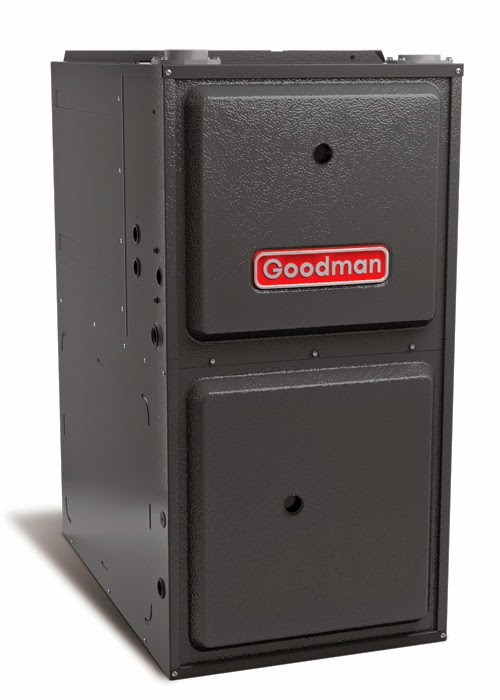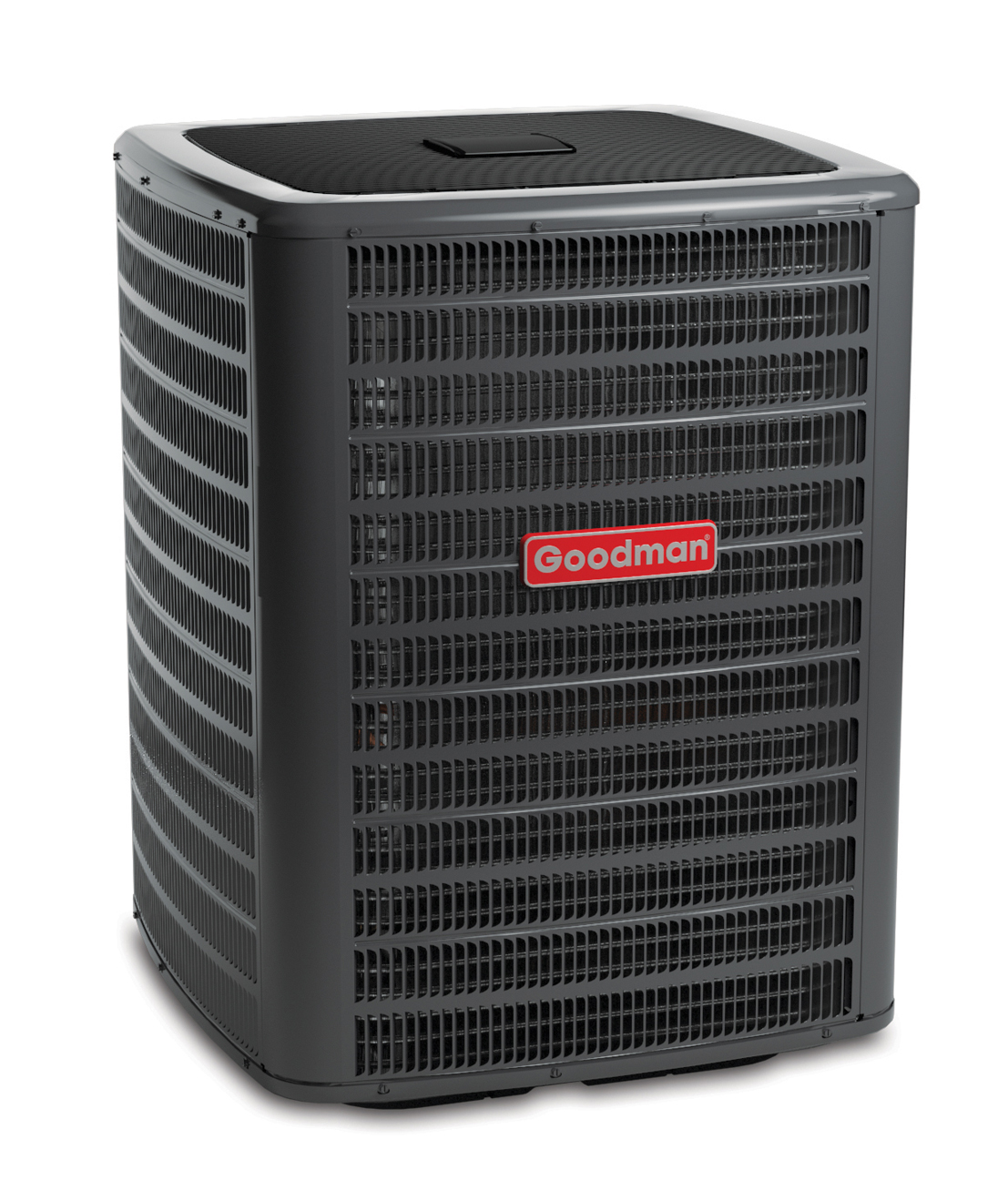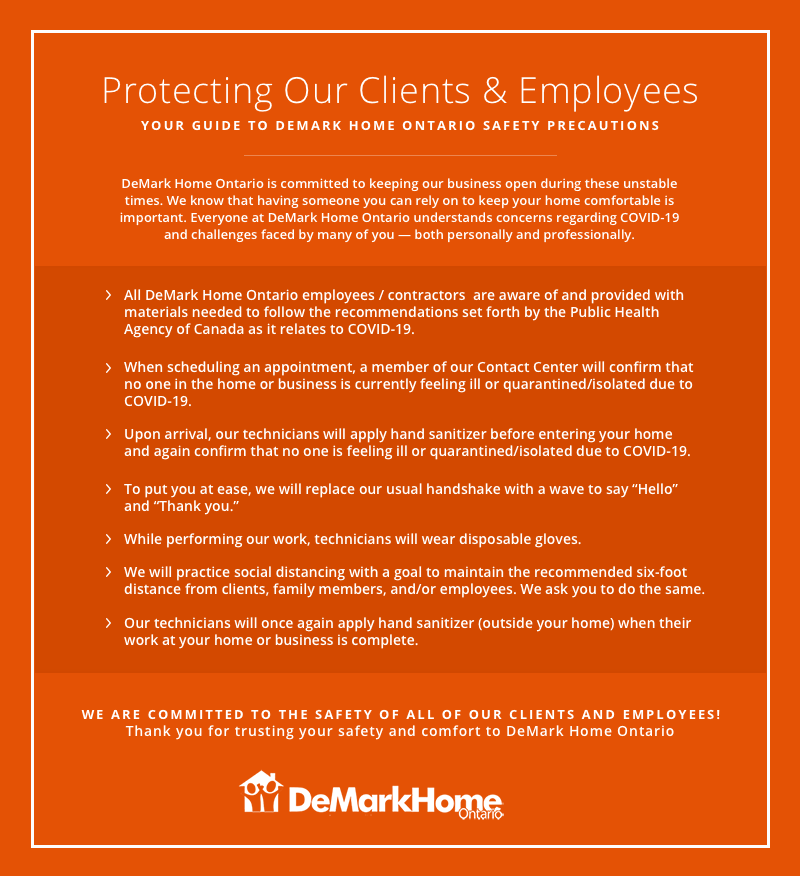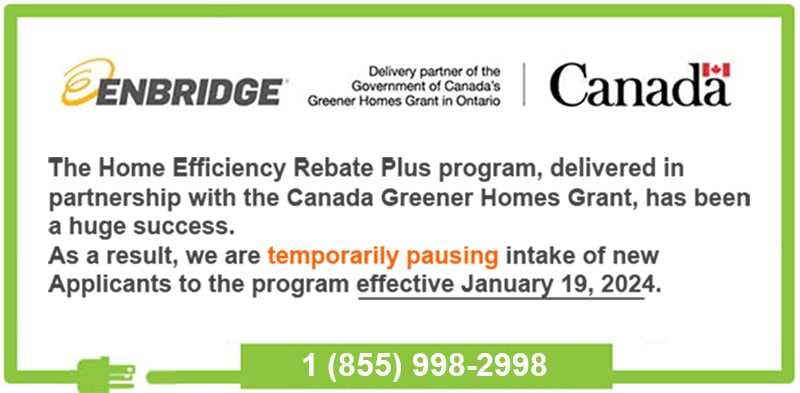Is A Ducted Heat Pumps A Good Idea In Canada
A Ducted Heat Pumps can be a good option for those living in climates with a mild winter.
If you need guidance in choosing your home’s new heating and cooling system we would be happy to bring you up to speed on the options you can choose from – this article’s focus will be heat pumps. Our guide to heat pumps is here to answer all the important questions you might have when making this important choice for your home.
What is a heat pump?
A heat pump is both a heating and cooling system in one. To put it simply, heat pumps regulate the temperature of your home by pumping heat into or out of your home. If you want your home warmer, the pump will pump heat into your home. If you want it cooler, it pumps heat out from your home. It extracts heat from the air and shifts it to the desired location using an air handler or blower
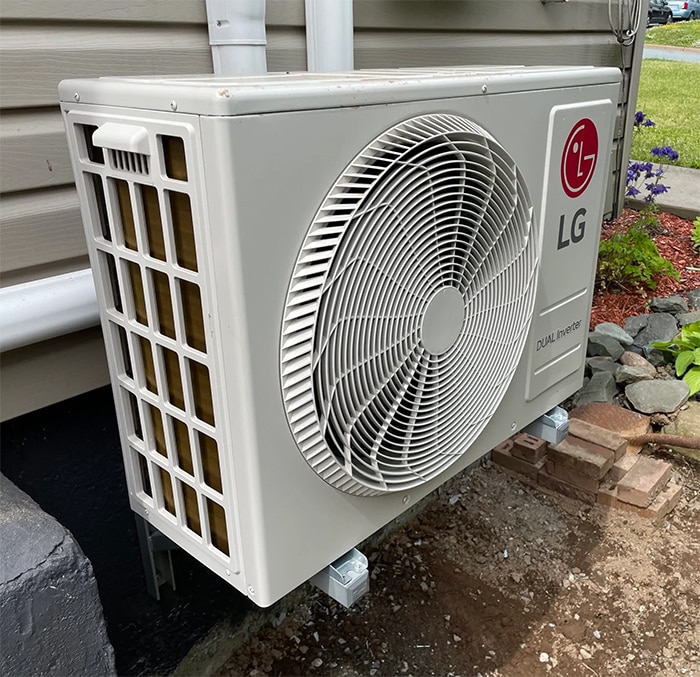
There is heat in the air all the way down to absolute zero or -273.15 degrees Celsius. Absolute zero is the absence of all heat. So even on cold winter days there is still heat in the air for the heat pump to extract. The
pump captures the heat that exists in the air through a refrigerant loop and pumps it into your home without needing to create heat itself.
Heat pumps are most efficient when temperatures are above 0°C. As the temperature drops below freezing, the performance of heat pumps begins to drop off rapidly. This is why heat pumps always employ a heat strip as a backup heat source to heat your home in freezing cold temperatures. Heat pumps are most effective and practical in milder winter climates for this reason.
However, if the temperature is above 0 degrees, a pump can heat your home and keep you comfortable without relying on its backup heat source.
Hybrid heat pumps are a good option for those living in places with colder winter weather, like most of us here in Canada. Hybrid units use oil or gas as their backup heat source, instead of the less efficient electric heat.
Is a heat pump right for you?
If you live in Canada where we experience harsh and cold winters, then a heat pump may not be the best solution for your home. Heat pumps move heat rather than generate heat, so when temperatures are below 0 degrees Celsius a heat pump will struggle to warm your home effectively. Heat pumps are an option that are better suited for mild winter climates that rarely experience extreme cold.
If you live in a climate with extremely cold winters, then your contractor may recommend a hybrid system where the Ducted Heat Pumps is assisted by a supplemental gas heating system that creates additional heat for your home on cold winter days. However, this may raise the cost of the system to a point where it would be more cost-effective to invest in a more traditional HVAC system.
There is also the option of a ground source heat pump which extracts heat from underground to regulate the temperature of your home. During the summer the heat pump dumps heat into the cool earth. During the winter it is able to extract heat from the relatively warm earth. Ground source heat pumps can operate more efficiently than traditional heat pumps in below freezing conditions. The downside is that all the digging and underground tubing that is necessary for ground source units makes their installation quite expensive.
Gas furnaces heat your home quicker in cold environments so switching to a heat pump without a valid reason is not encouraged.
The cost of a Ducted Heat Pumps: will you save money?
Heat pumps are an energy efficient alternative to other types of home heating systems, such as natural gas furnaces or electric baseboards. With energy prices on the rise, many Canadians have considered whether installing a heat pump could be the solution to their ever-increasing utility bills.
Installing a heat pump can eliminate the need for a conventional air conditioner and reduce your household’s carbon footprint if you’re replacing a heating system that uses natural gas, propane or furnace oil.
The upfront costs of a heat pump is often intimidating to consumers. On average, the cost to buy and install a heat pump is $7,000 for small homes and about $16,000 for larger homes. The price depends on the type and size of heat pump needed to accommodate your home. The price to purchase and install a heat pump is typically more expensive than a traditional HVAC system.
The upfront cost of a heat pump can be recuperated over time through the energy savings that allow for a lower operational cost. Governments also sometimes offer rebates to customers switching to heat pumps as they are better for the environment.
The equipment’s lifespan is another important factor to consider when determining cost-efficiency. On average, Ducted Heat Pumps last between 12-15 years. The lifespan of the equipment is affected by a number of factors. Performing regular maintenance on the heat pump is the best way to extend its lifespan and get the most out of your investment. Incorrect sizing of the unit (either too big or too small) will result in a shortened lifespan for the equipment as proper sizing of the pump is crucial to its performance. Excessively high or improper usage without maintenance is most often how homeowners experience premature equipment breakdowns.
We hope that this article has helped answer some of the questions you might have about upgrading your home’s heating and cooling system to a heat pump. If you have any further questions about pumps or any other HVAC related concerns, don’t hesitate to contact us today. Our team of highly trained and experienced HVAC professionals are more than prepared to assist you with all of your HVAC needs. We provide efficient and quick furnace and air conditioner replacement done by our team of licensed and trained HVAC professionals. We have options available for HVAC rental, purchasing, and financing that are tailored to fit your needs and budget. Give us a call at 1-855-998-2998 or fill out our online request form and we will be happy to assist you with your request.






